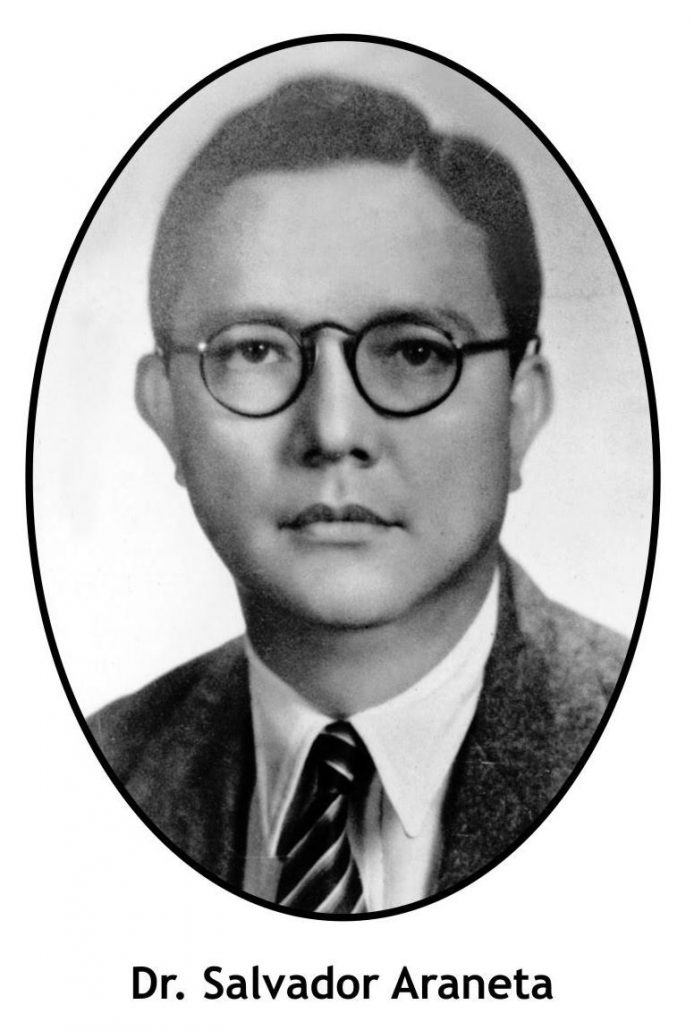 The Need for Voluntary Land Reform
The Need for Voluntary Land Reform
As Secretary of Agriculture, Dr. Salvador Araneta was interviewed by Teodoro M. Locsin, then staff member of Philippine Free Press who wrote the article “The Conservative Revolution” (March 19, 1955).
The article was about the need for land transfer to farmers, but the problem then was the rate of distribution of lands.
During Araneta’s term in 1955, the distribution was double the preceding year. Compounded by the backlog of 20 years, Araneta estimated that in eight years we would no longer have enough land in public domain for distribution.
Araneta explained that the reason for this was that the rate of population increase was roughly half a million a year. In fact, most Filipinos at that time were farmers, making up 75 percent of the population belonging to the agricultural sector.
What could be the solution?
Araneta referred to an article in Life Magazine which stated that we would need universal birth control to provide the “army of young people” with jobs.
He did not believe birth control would be the answer. The rich, he said, know how to do it, but the poor who would need it more, do not. Above all, Filipinos love children, the Church frowns on birth control, and Filipinos are good Catholics. So birth control would not be the answer.
And ideally, according to Araneta, every child who is born is a new consumer and we need consumers for an expanding economy.
Thus, Araneta looked toward education. Our colleges and universities turn out thousands upon thousands of graduates yearly. A country cannot sustain itself with a disillusioned youth. He further recalled that the Spaniards kept us uneducated so middle class Filipinos sent their children abroad for schooling. The educated and unemployed can cause a lot of trouble for governments because they would not be satisfied with their situation. They would demand changes in society to better their lives.
Araneta’s solution was land reform and industrialization. Landowners must be able to shift their wealth as partners in the growth and development of industries in the country.
He said that people should stop investing in land even if it is normally a good investment. Instead, landowners should invest in industries. Sadly, if the landowners are not compensated adequately, the desired goal of industrialization will not materialize.
Araneta urged the landowners to sell their land within a period of five years, or their land could be expropriated. (The Agrarian Land Reform took place in 1987).
Where would the government get the money to pay for the land? This is a good question.
Araneta was never at a loss for answers. He proposed payments in production certificates on a 20-year plan. Both landowners and tenants would make use of this scheme.
Landowners would be paid the fair value of their land, redeemable in 20 years through government bonds. He pointed to several countries already doing it: Italy, Burma, and Mexico.
Farmers would get their land titles also in 20 years under an amortization plan with a rate of five percent a year for the landowners. The proceeds may be discounted at any time or redeemed should the bondholders have proof that the money derived from it would be for investment purposes in the area of industrialization. He mentioned that Friar Lands were purchased with bonds and resold in the United States, and that there was no difficulty in redeeming them.
But would Congress go with social reforms since the Congress is made up of landowners?
Araneta replied, “President Magsaysay feels he can only go so far as the politicians will allow him since he himself is a politician. It is, in the long run, a question of leadership.”
They are all politicians. So, who will lead them?
Araneta’s answer was: “No one else but the President, if he had political will.”
Crucial times need drastic, bold, and decisive measures that must be undertaken for the common good. (To be continued/PN)





